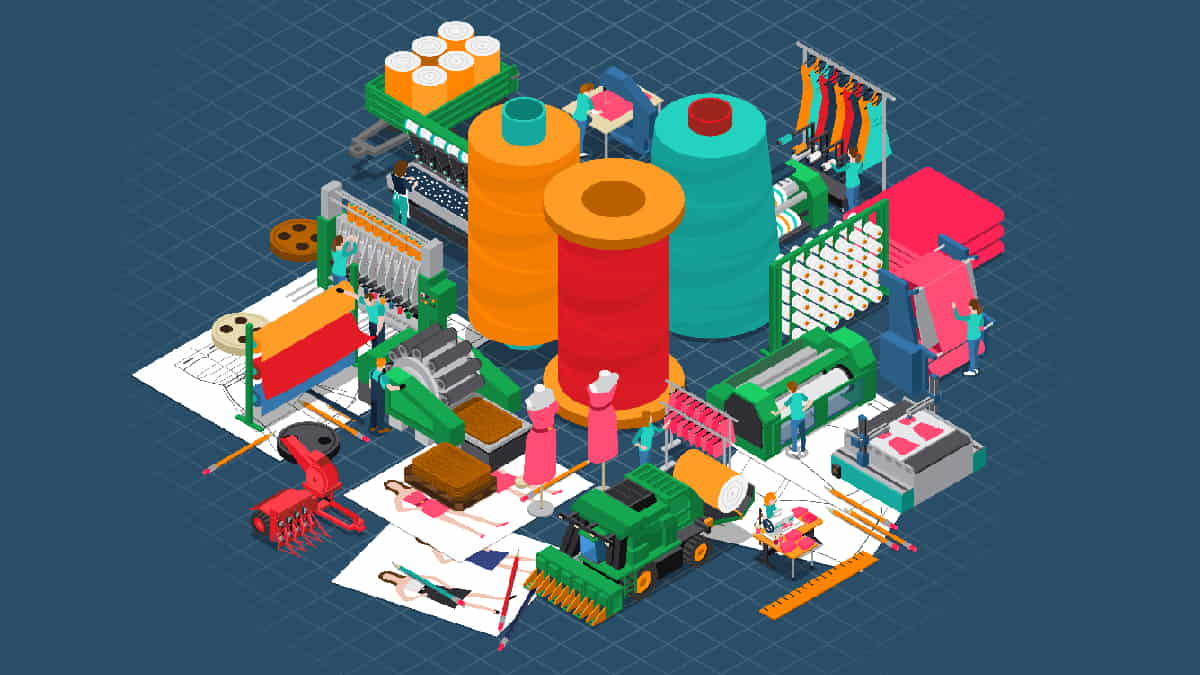The entire supply chain of the textile industry, like all other industries, has been affected by the Covid-19 pandemic which has been going on since the beginning of 2020, and all actors of the industry including textile machinery manufacturers experienced various difficulties. While this situation brought problems such as shortage of raw materials, price increases and disruptions in the supply chain, the pent-up demands in this period resulted in an increase and recovery in orders in 2021. The important and major changes created by the pandemic in daily life have also brought concepts such as sustainability, circular production and digitalization into the focus of manufacturers’ investments and decisions. The world’s leading textile machinery and technology manufacturers anticipate that the increasing momentum and sustainable production-oriented developments in 2021 will continue in 2022 and that the sector will revive with the organization of numerous international exhibitions.
Picanol: “Digitization and optimization will be the key to be successful”
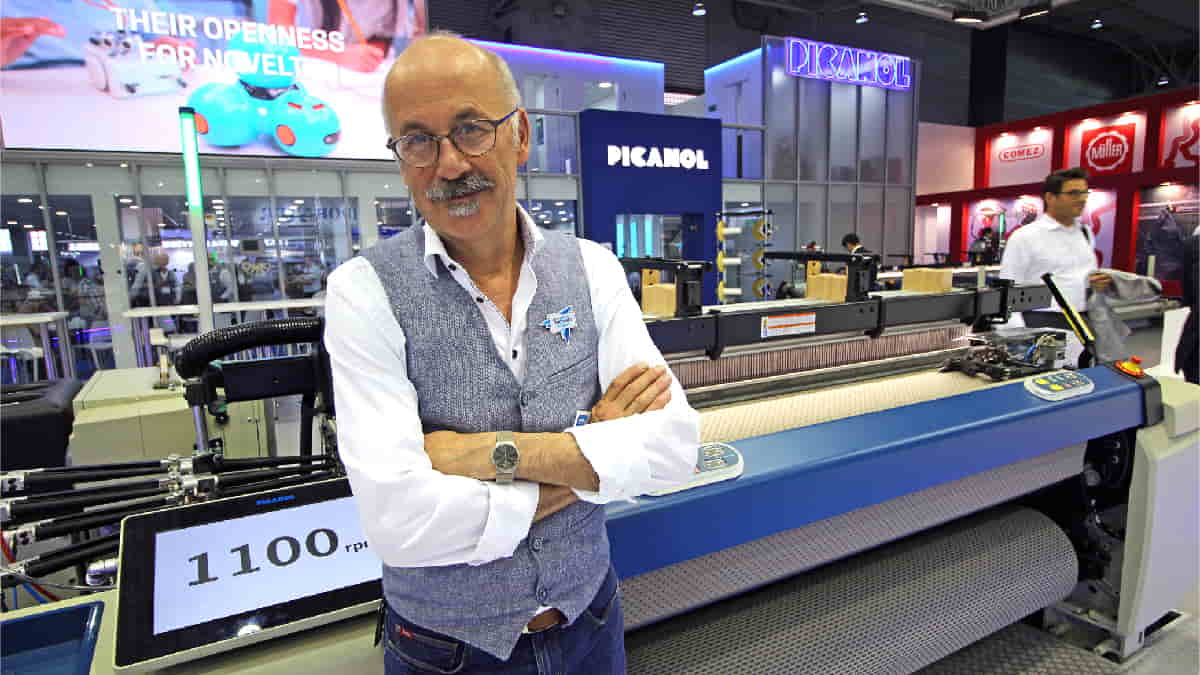
Picanol Marketing Communications Manager Erwin Devloo said that the textile industry has faced new challenges in the last 2 years, like all other industries. Devloo pointed out that in addition to this, factors such as disruption of the supply chain, large fluctuations in the availability, costs of raw materials and uncertainty of the markets led to new business models, and stated that this also affected equipment manufacturers, such as weaving machines. Devloo disclosed; “Besides the performance of the equipment, other parameters become important to adapt the process to the reality of the market. Without any doubt, all have led to faster implementation of further digitization and awareness of sustainability. The positive impact is that more resources are allocated to make more and faster developments in this direction”.
Devloo stated that the weaving machinery industry was very active in 2021 and explained his expectations for 2022 as follows: “We estimate 2022 as a continuation of 2021. The demand for textiles continues to rise over longer-term. We see a tendency to put more effort into producing in a sustainable way and to optimize the whole process. Digitization and optimization will be the key to be successful in that respect. Producers of machinery and equipment will have to take the lead and bring solutions. We believe that 2022 will reveal many new developments in that field”.
Furthermore, Devloo stated that the fluctuations in the Turkish Lira reflected on their business both positively and negatively and that their long-term business plans would not be affected much by this.
Stäubli: “In 2021 we saw strong interest in our Jacquard machines and in the frame weaving sector”
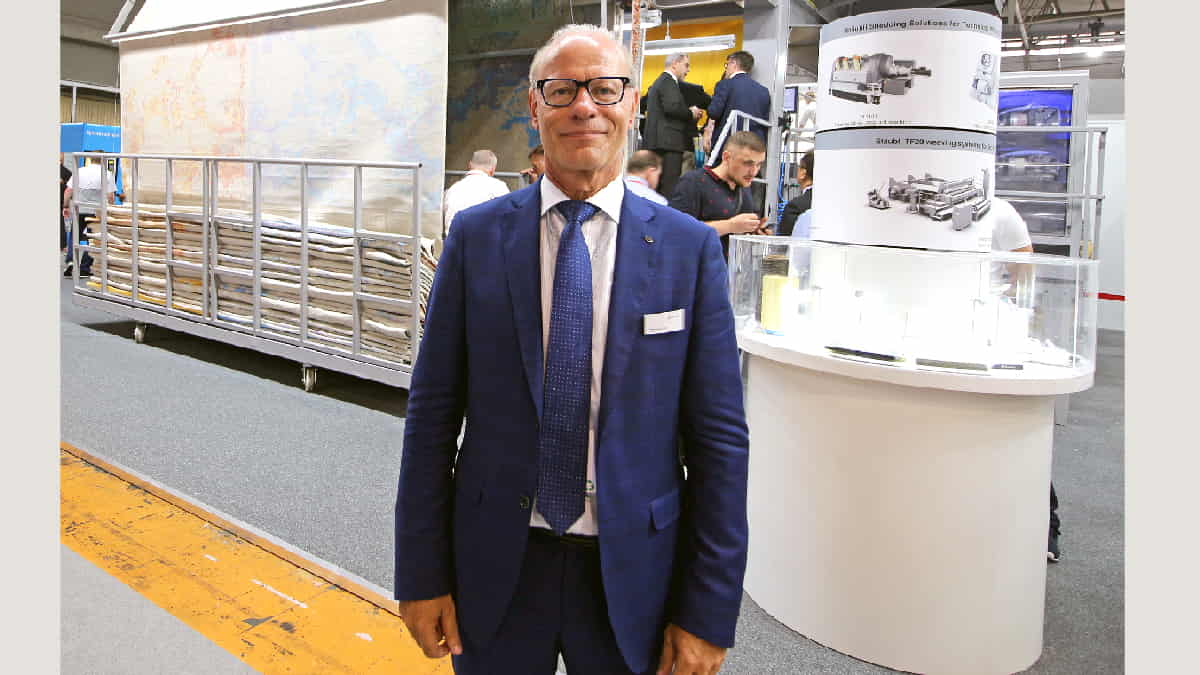
Stäubli Sargans Textile Global Head of Marketing, Sales and Service WPS (Weaving Preparation Systems Division), Fritz Legler said that 2021 was a positive year for Stäubli and added; “After the global slowdown due to the pandemic in 2020, there was some pent-up demand to be covered with our customers, and this contributed to a successful year for Stäubli. The global Stäubli setup with business units in 29 countries around the world and our significant agent network helps us a lot to stay in very close contact with our customers in their respective countries. All our textile products were generally successful. In 2021, the broad trend toward our Jacquard machines continued and we saw strong interest in the frame weaving sector with our dobbies on OEM machines”. Legler stated that SAFIR drawing-in machines were also in high demand and disclosed that TIEPRO warp tying machines gained market share in this period.
Legler explained that besides the positive contributors – that is, pent-up demand and so forth – there were, unfortunately, some negative influences for customers and manufacturers and said; “These include supply-chain disruptions with consequences regarding availability of materials and raw-material cost increases, inflationary trends, currency distortions, and so on. New Covid-19 variants and increasing incidents in many countries cause uncertainty. This makes it tough for mill managers who have to make investment decisions for the future. These adverse factors have slowed the investment stream somewhat, and one will have to see how all this will impact 2022”. Legler also answered our question about the depreciation of the Turkish lira, saying that they did not restrict any of their activities in Turkey, as they count on the dynamics of the Turkish textile market and the power of the Turkish customers, that they believe that the current conditions are temporary and that the market will come out even stronger.
Legler explained that they plan to take part in various exhibitions in 2022 and stated that they are looking forward to meeting with many players, especially their customers and partners in the weaving and knitting world.
Monforts: “The emphasis, more than ever now, is on sustainable production”
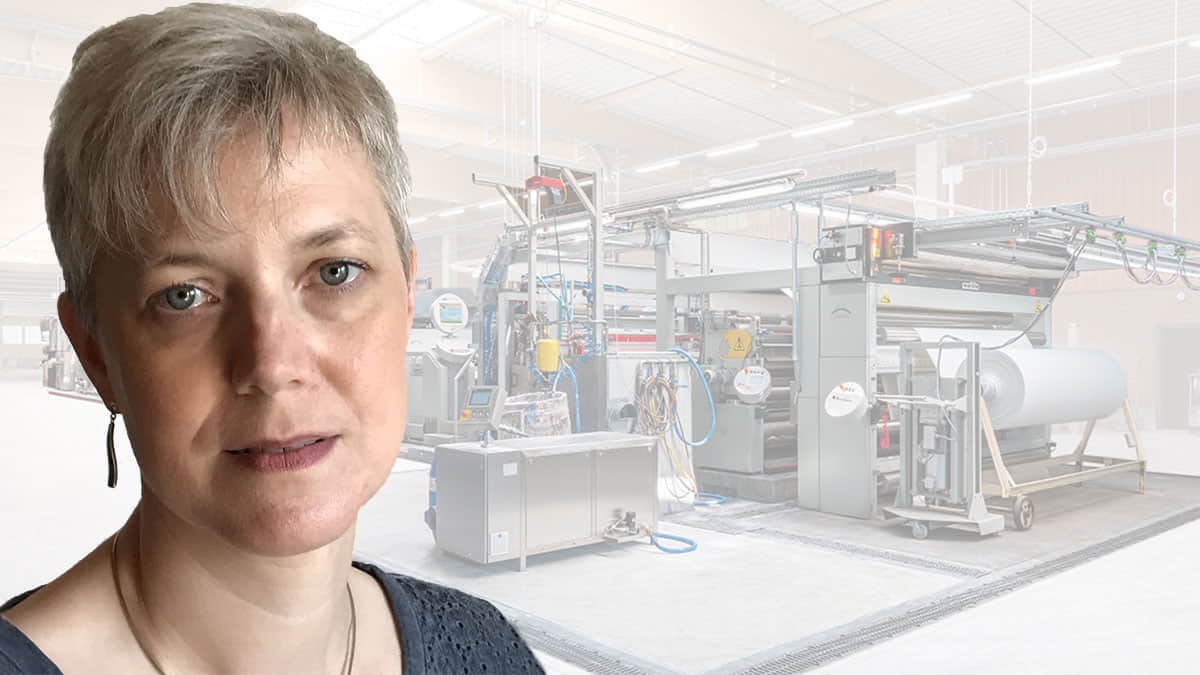
Monforts Marketing Manager Nicole Croonenbroek said that they were able to successfully reach their sales and order targets in 2021 despite some challenges. Croonenbroek pointed out that the worldwide demand for new machines remained strong despite being affected by the pandemic situation, and significant investments are still being made. She said; “The emphasis, more than ever now, is on sustainable production and achieving savings in energy, water and raw materials. New customers are showing a keen interest in the heat recovery and energy optimisation achievable on the latest Montex stenters, for example”.
Croonenbroek said the positive sides as a technology supplier are that they have always been able to meet their customers’ demands for fast and reliable service, thanks to their well-established and enhanced remote services. She stated that the fact that they were able to provide accurate and helpful on-site support with their local representative teams, such as with Neotek in Turkey, was also effective in this. Croonenbroek remarked; “The demand for machinery for special textiles with added value has also risen in the past 18 months. Supply chain difficulties have demanded greater flexibility and happily led to a greater mutual understanding and trust between all parties, including with our customers”. She explained that transportation costs have become an issue with the depreciation of the Turkish lira against the dollar, but Turkey’s proximity to Europe still remains a key advantage for its textile industry.
Croonenbroek disclosed that they expect a stable market for Monforts in 2022 and said; “We are hopeful that many of the obstacles caused by the pandemic in 2020 and 2021 will begin to recede”.
Trützschler: “There is an outstanding demand for the latest spinning preparation machinery solutions in Turkey”
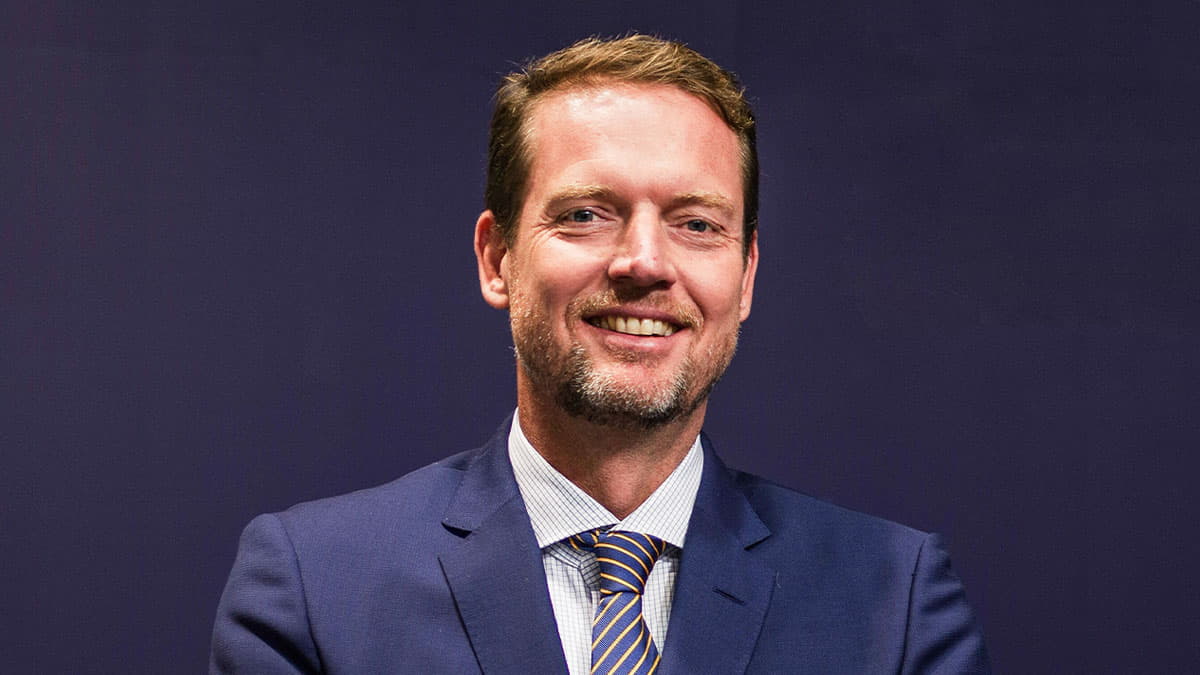
Trützschler Regional Sales Manager Gerhard Wienands relayed that they have been experiencing a record order situation since the last quarter of 2020 after the corona pandemic has subsided in many markets. Wienands expressed that numerous markets recovered very well in 2021 and said; “Especially in Turkey, we observed an outstanding demand for the latest spinning preparation machinery solutions. We are pleased that so many customers chose us as a partner and are working around the clock to fulfil orders for our customers as best as we can. We faced shortages of some parts but hope that the situation will improve in 2022”. Wienands made a statement regarding the fluctuation in the Turkish Lira, pointing out that they believe this development had a stimulating effect on the export business of their customers and that the strong investment activity in Turkey continued even though the costs increased.
Wienands said; “In the last years, we noticed an increasing trend towards sustainability which we believe will continue in 2022 and beyond” and relayed that yarn producers are searching for cost-effective ways to produce high-quality sustainable products. Wienands remarked that they are well-positioned in this area through energy-efficient machinery and installations, as well as solutions for optimal raw material utilization and disclosed; “We will also continue to drive our intelligent technologies in textile recycling, especially our card TC 19i for recycling. It empowers our customers to achieve the maximum quality when carding secondary fibres from torn textile waste. At the same time, it sets the benchmark for energy efficiency in carding because it uses less electricity, lower suction pressure and less compressed air than other machines, while providing the highest production rates currently available on the market”.
Biancalani: “2022 will be the preparatory year in which our new ideas and technologies will take shape”
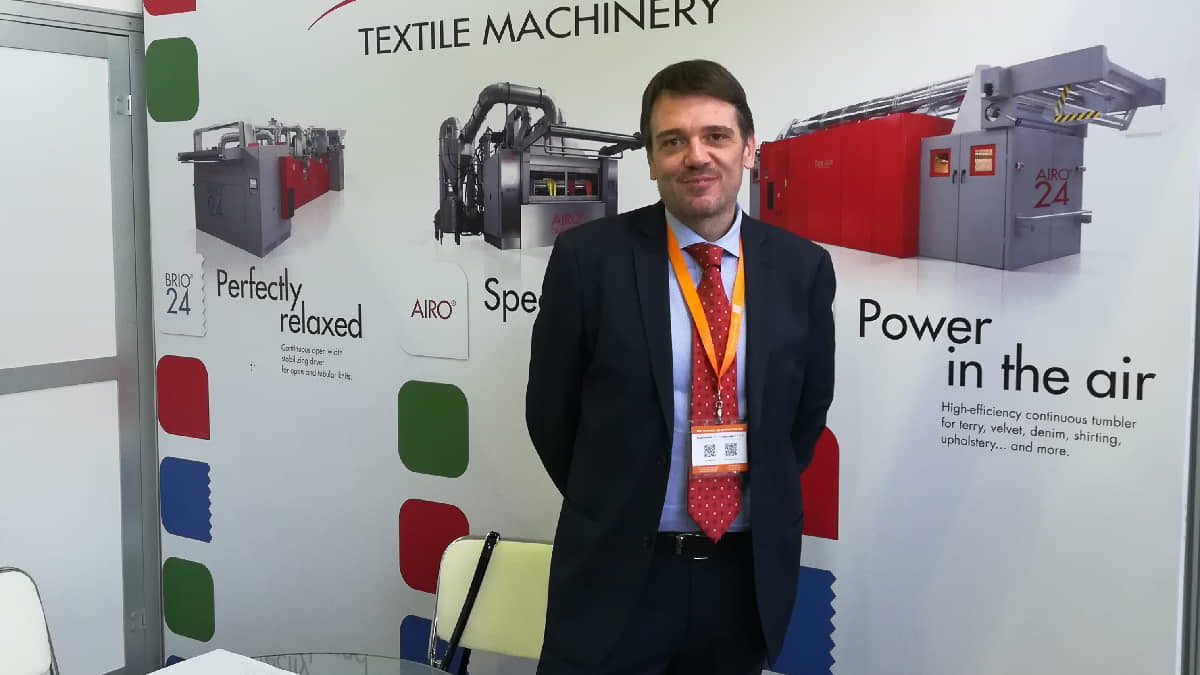
Biancalani Regional Sales Manager Michele Gabarra expressed that they are very pleased with the results obtained in 2021. He stated that they were not only able to reach their preliminary targets, but they also acquired important new customers and market segments which will play a relevant role in their future development, in particular regarding the new AQUARIA® open-width washing range. Gabarra pointed out that the pandemic forced all the actors on the stage to move away from their established roles and improvise new parts, saying; “In many cases, this actually turned out as a positive aspect, because it worked as an encouragement to approach new points of view and to open our minds towards possibilities which were possibly not considered before”.
Gabarra evaluated the effects of the fluctuation in the Turkish Lira and stated; “An important number of Turkish companies, representing the majority of our potential customers took the strategic decision to carry on their investment plan in spite of the depreciation because they reckon the importance of 2022 as a watershed year for the Turkish textile market. As a consequence, our activities were just marginally affected by the depreciation of the Turkish lira, and we are confident that next year will bring success to all those companies which chose to never slow down”.
Gabarra said; “We are positive that 2022 will mark the definitive exit from the sanitary emergency which forced everyone to adopt a different model in business relationships” and stated that they will participate in important international trade shows such as ITM Istanbul, ITMA Asia and Techtextil North America. Gabarra ended his words as follows; “At the same time, 2022 will be the preparatory year in which our new ideas and technologies are taking shape, considering the next milestone and springboard event: ITMA 2023, where the new features and modules of AQUARIA® will also be on display”.
Uster Technologies: “We constantly have to prepare for changes on a daily basis”

Uster Technologies Product Management, Marketing and Business Development Executive Vice President, Sivakumar Narayanan expressed that 2021 has been the best year in terms of order intake in several years for Uster Technologies. He sees the reason in recent innovations and digital offering solutions primarily driven by Uster Quality Expert. Narayanan points out that the industry has benefitted from the steep increase in consumer demand after the disruption of 2020. “This has helped the textile industry to recover and find its bearing, triggering the job recovery in many countries. The challenges of supply chain disruption, semiconductor shortages and severe increases in raw material and transportation costs still remain to be improved”, says Narayanan.
Narayanan underlines that the demand from Turkey has dampened due to the fluctuations in the Turkish Lira, but it is still significant and important. He states that increases in both labour and raw material costs have been the primary reasons for the squeeze on margins, alongside the effects of general global challenges. “This impact will continue into 2022. We will have to see what the mid-long-term implications will be”, he says.
Narayanan explains that they expect strong consumer demand will continue to drive business growth into the first half of 2022, while being hampered to some extent by the continuing Covid-19, geopolitical and supply chain challenges. He ends his words as follows: “The net impact on sales in 2022 is hard to predict at this point. We hope for the best – nevertheless, we are prepared for changes on a daily basis”.

